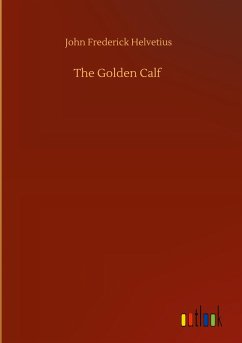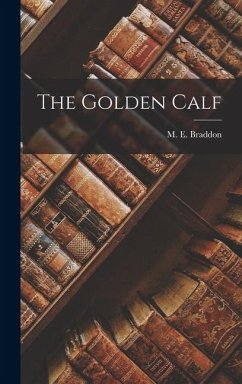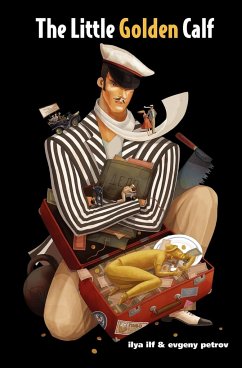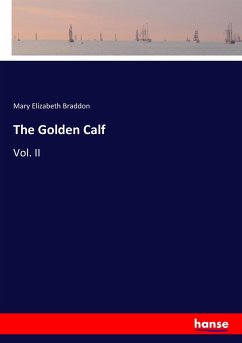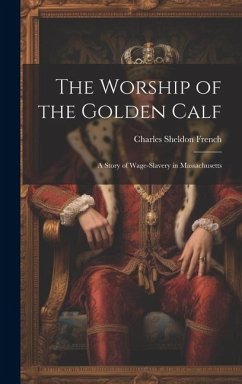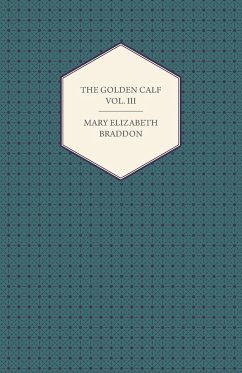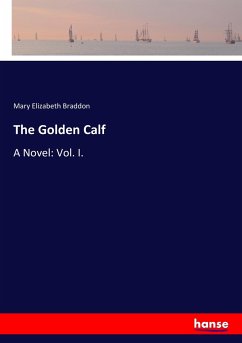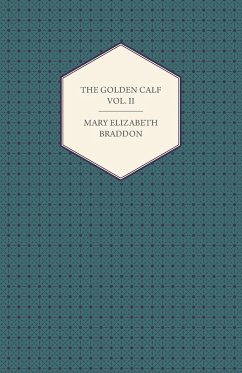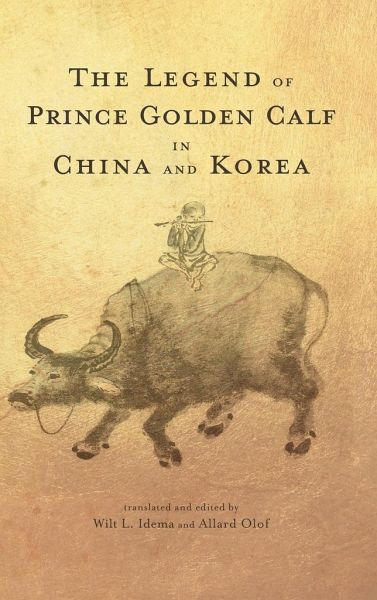
The Legend of Prince Golden Calf in China and Korea
Versandkostenfrei!
Versandfertig in 1-2 Wochen
94,99 €
inkl. MwSt.

PAYBACK Punkte
47 °P sammeln!
This book is in the Cambria Sinophone World Series headed by Victor H. Mair (University of Pennsylvania). The legend of Prince Golden Calf tells the story of a prince who is turned into a calf when the jealous rivals of his mother try to kill him by feeding him to a cow. When that cow later gives birth to a calf, the king develops a special affection for the beautiful little animal. The jealous women grow suspicious, also because the calf assists his imprisoned mother in the onerous tasks that have been imposed on her. They feign an illness that can only be cured by eating the heart and liver ...
This book is in the Cambria Sinophone World Series headed by Victor H. Mair (University of Pennsylvania). The legend of Prince Golden Calf tells the story of a prince who is turned into a calf when the jealous rivals of his mother try to kill him by feeding him to a cow. When that cow later gives birth to a calf, the king develops a special affection for the beautiful little animal. The jealous women grow suspicious, also because the calf assists his imprisoned mother in the onerous tasks that have been imposed on her. They feign an illness that can only be cured by eating the heart and liver of the calf. When the king eventually gives in to the pressure to have the calf killed, the butcher allows it to escape. In its wanderings the calf arrives in a foreign country where a local princess is selecting a groom. When her choice falls on the calf, she is chased from the palace. Eventually the calf changes into a handsome young man, so the princess can be reunited with her family, and the prince with his father and mother. This legend is best known from Korea, where it circulated in both a Chinese and a Korean version. In Korea, the tale has long been believed to have a Korean origin. Recent research in China and Korea has revealed that the tale originated in China, as early as the late sixth century when it was written up as a jataka tale. The Chinese version that circulated in Korea most likely also was composed in China. While these early versions dropped from circulation in China, the story survived there in several versions, for instance as a precious scroll. The story also continued to circulate there, just as in Korea, as a popular folk tale. This case book presents full translations of the major versions of the legend, each with their own introductions, as well as a selection of modern folktales. Each of these adaptations offers its own take on this fascinating tale, reflecting period, genre and authorial intention. The volume is opened by a general discussion of bovine lore in China and Korea, emphasizing the affection between owner and ox as a household animal. One appendix illustrates the Korean adaptation of yet another jataka tale; another appendix argues that the legend of Prince Golden Calf belongs to the international tale-type ATU 707 and summarizes a number of versions of this type from South Asia, the Middle East and Europe. This book would be of great interest to those studying comparative East Asian literature, Chinese and Korean popular literature, folklore, Buddhist literature, and animal literature.






